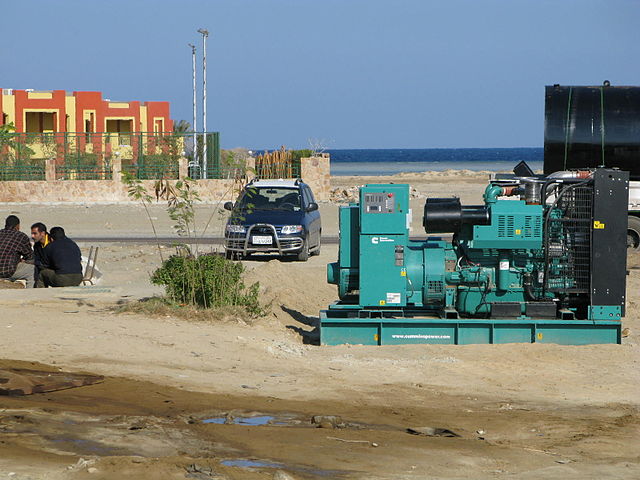When deciding between a diesel and electric generator for your energy needs, it is important to understand the pros and cons of each type. This article will provide a detailed comparison of the two, so you can make an informed decision. We will look at the advantages and drawbacks of both diesel and electric generators, and provide information to help you decide which type best fits your needs. We’ll also discuss the environmental impact of using either type of generator.
Advantages of Diesel Generators
When it comes to generators, diesel is often the preferred choice due to its many advantages. Diesel generators are more reliable and durable than electric generators, and require less maintenance. They are also more fuel efficient, meaning they can run for longer periods of time on less fuel. Diesel generators also tend to be less expensive than electric generators, making them a great choice for those on a tight budget. Finally, diesel generators are easier to install than electric generators, making them a great option for those who don’t have the time or expertise to install an electric generator.
Disadvantages of Diesel Generators
While diesel generators have many benefits, there are also some drawbacks. Diesel generators are louder and produce more emissions than electric generators, meaning they can be a nuisance to those living nearby. Additionally, diesel generators require more fuel than electric generators, making them more expensive to run in the long run. Finally, diesel generators can be difficult to find parts for, making them difficult to repair if something goes wrong.
Advantages of Electric Generators
Electric generators are becoming increasingly popular due to their many advantages. Electric generators are quieter and produce fewer emissions than diesel generators, making them a better choice for those living near the generator. Additionally, electric generators are more fuel efficient than diesel generators, meaning they can run for longer periods of time on less fuel. Electric generators also tend to be more reliable and require less maintenance than diesel generators, making them a great option for those who don’t want to spend time and money on repair and maintenance.
Disadvantages of Electric Generators
While electric generators have many benefits, there are also some drawbacks. Electric generators tend to be more expensive than diesel generators, making them a less attractive option for those on a tight budget. Additionally, electric generators are more difficult to install than diesel generators, meaning you may need to hire a professional to do the job. Finally, electric generators require more parts and may be difficult to find replacement parts for in a pinch.
Environmental Impact of Diesel vs. Electric Generators When it comes to the environmental impact of diesel and electric generators, diesel generators tend to be more harmful to the environment. Diesel generators produce more emissions than electric generators, meaning they can be a nuisance to those living nearby. Additionally, diesel generators require more fuel than electric generators, meaning they can be more expensive to run in the long run. That said, electric generators also have some environmental drawbacks, as they require more parts and can be difficult to find replacement parts for.
If you are looking for more information on diesel vs. electric generators, click here to find out more.





